One increasingly popular method of deterrent is the use of Livestock Guarding Dogs (LGDs) to protect smallstock from carnivores. LGDs are proven an effective front-line defense to disrupt a carnivore’s hunting pattern, and to warn the livestock and any nearby staff of an approaching carnivore. CCB places trained dogs with farmers that are experiencing carnivore conflict, provides free veterinary care for all the dogs placed and monitors the effectiveness of the dogs at protecting livestock, improving perceptions about carnivores and reducing retaliation killings of carnivores. Puppies are placed on farms at three months; a health check is completed at one month after placement. Additional extensive follow-up evaluations are conducted at three months and six months, with yearly evaluations conducted after the dog turns one year old.
Since 2014 CCB has placed around 50 LGDs in the Ghanzi region and our monitoring indicates that they are working well to alleviate farmer-carnivore conflict. Testimonials from farmers with LGDs say that they no longer experience conflicts with carnivores. Coexistence is not magic - it is achieved through working together to find effective and inexpensive solutions where all thrive, and we believe that our LGD is demonstrating exactly that. Coexistence is possible.

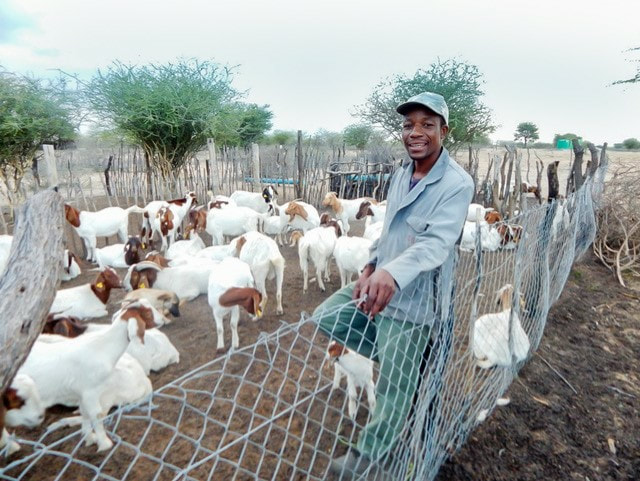
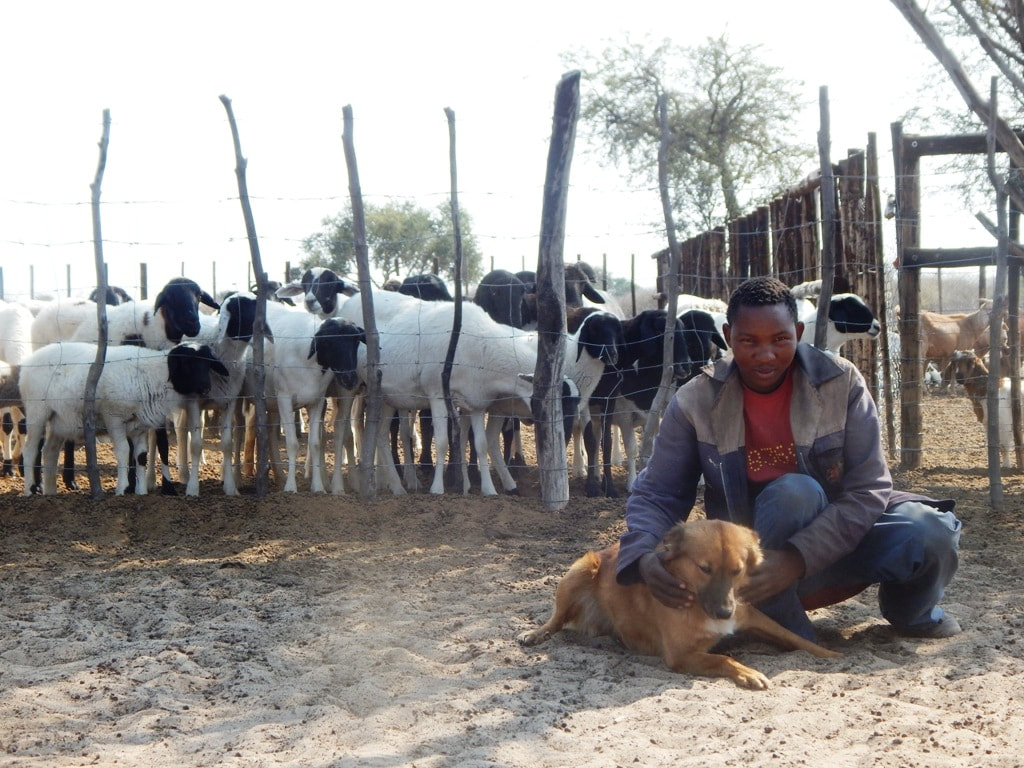
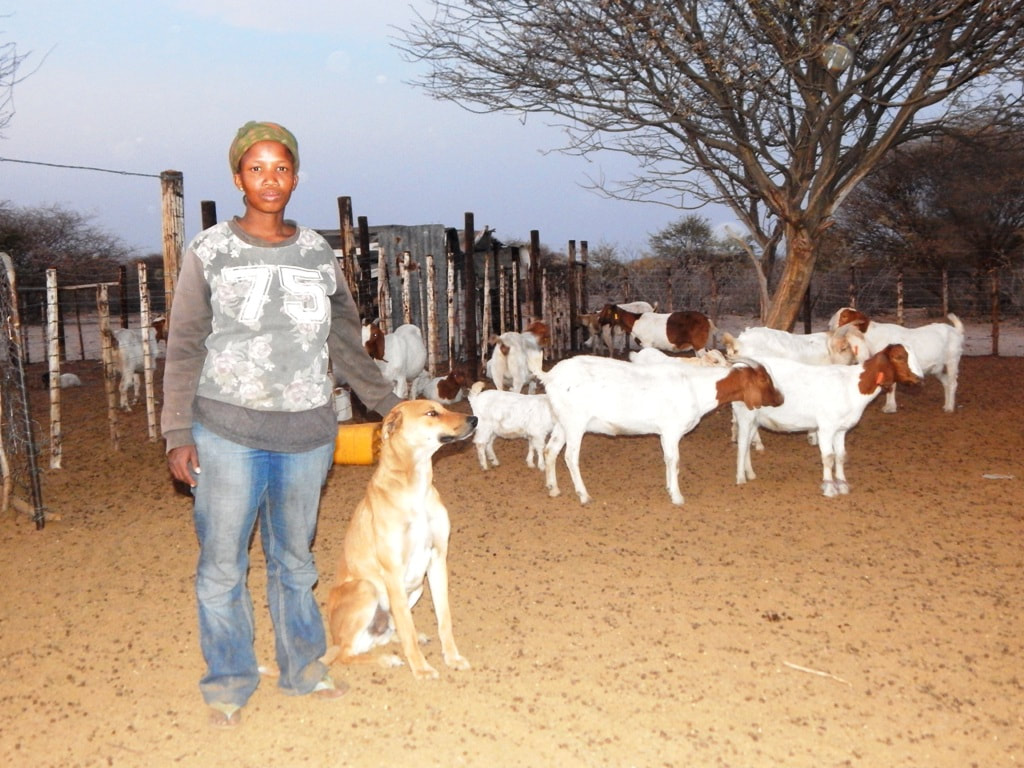
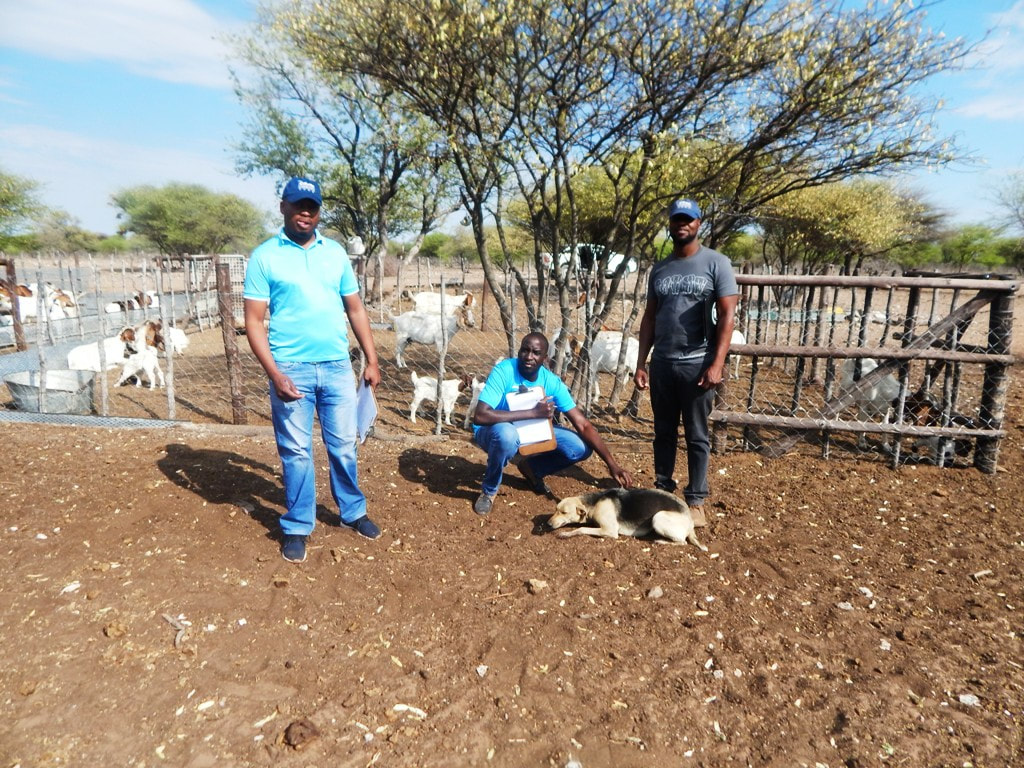
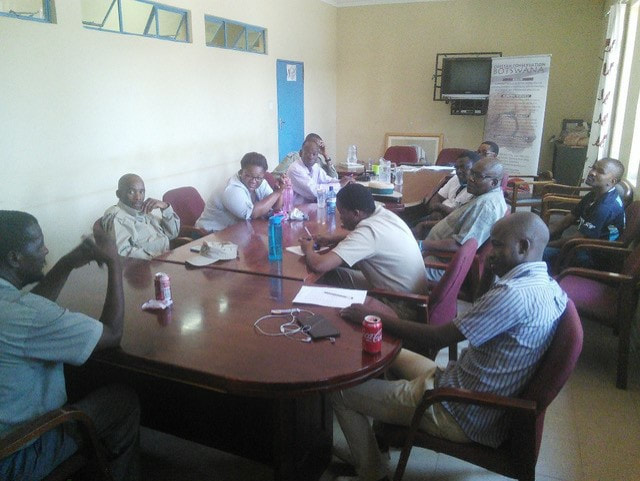
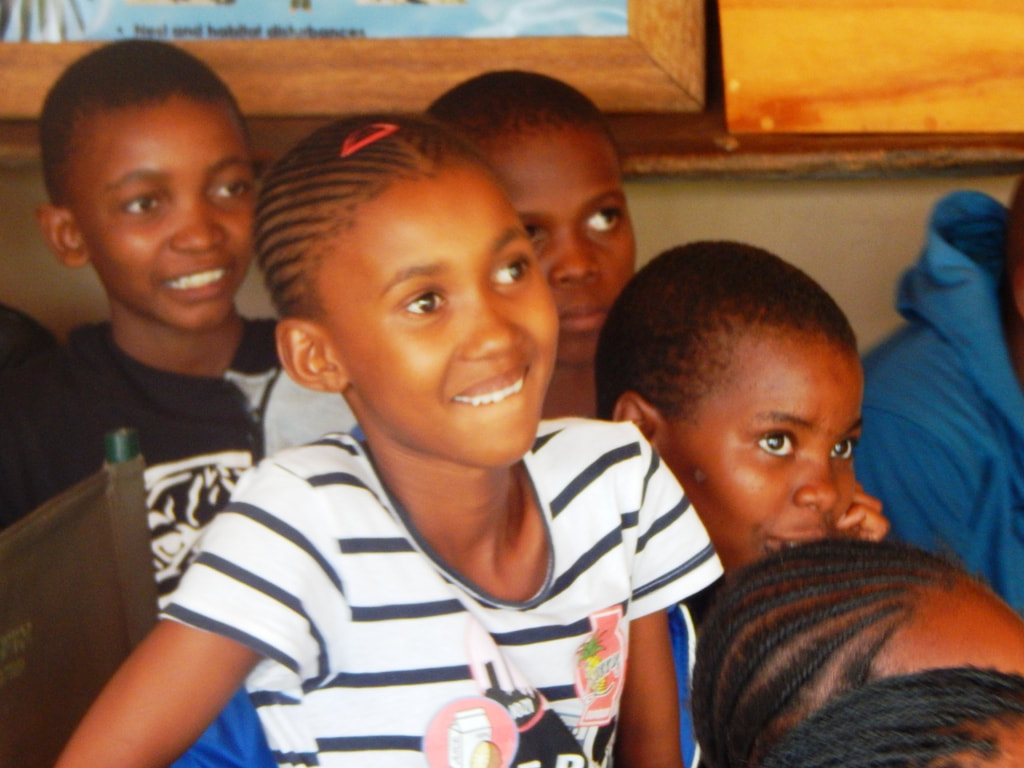
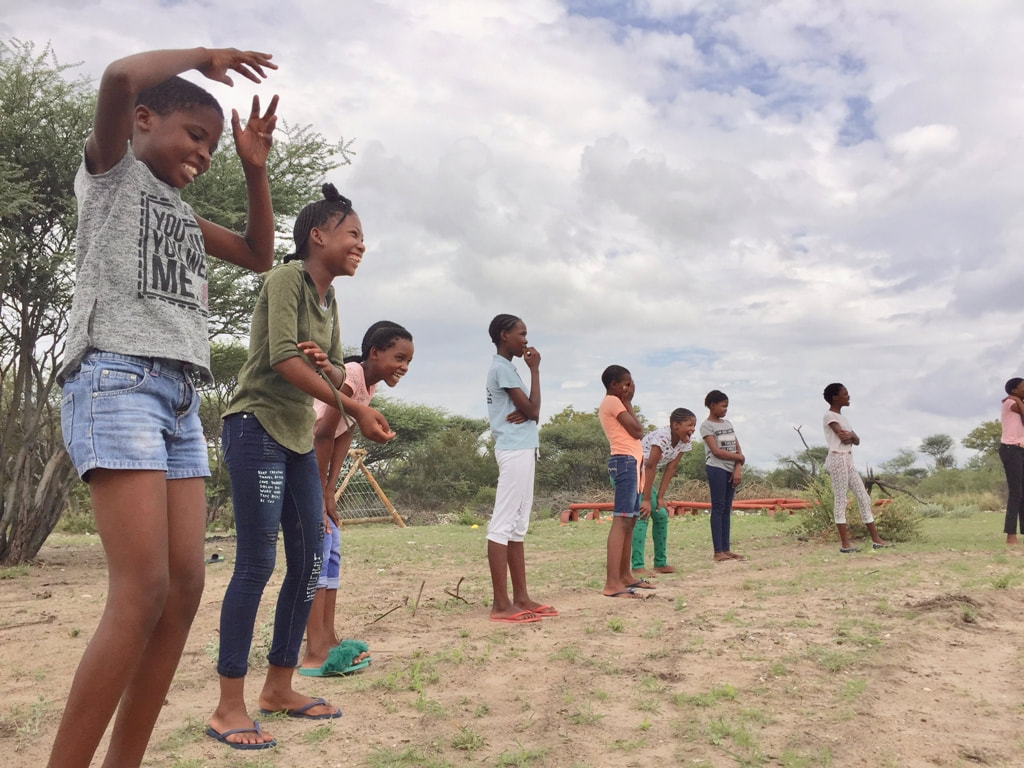
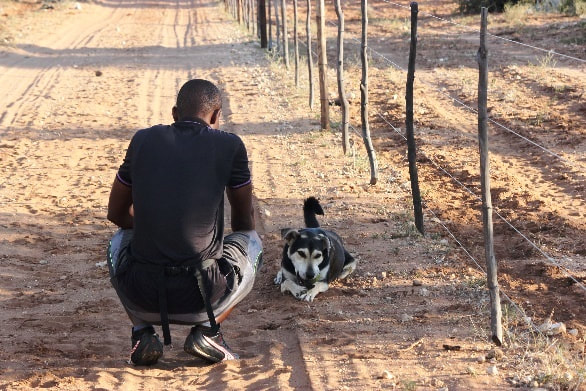
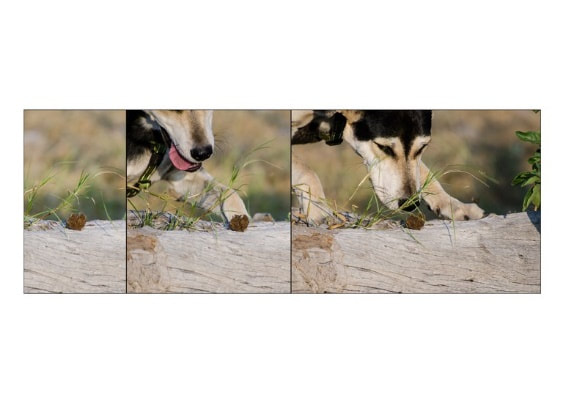
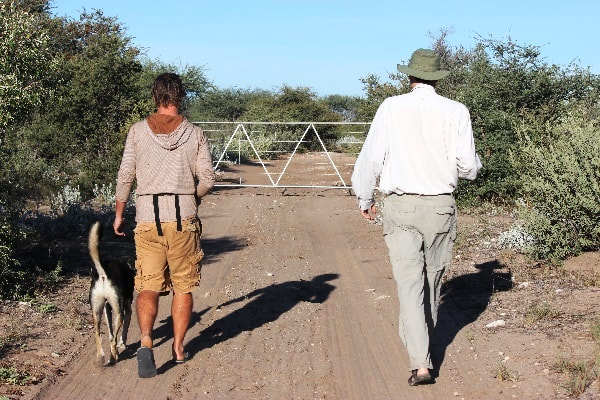
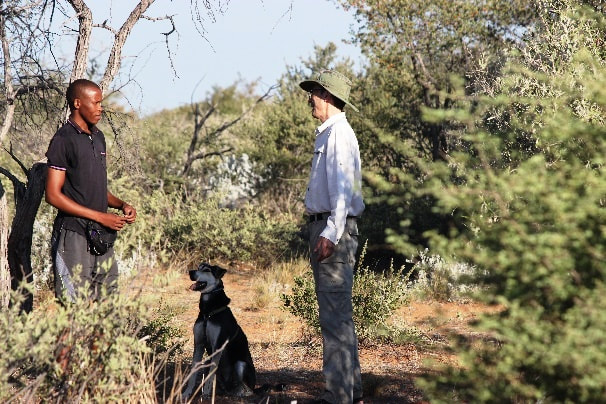
 RSS Feed
RSS Feed
